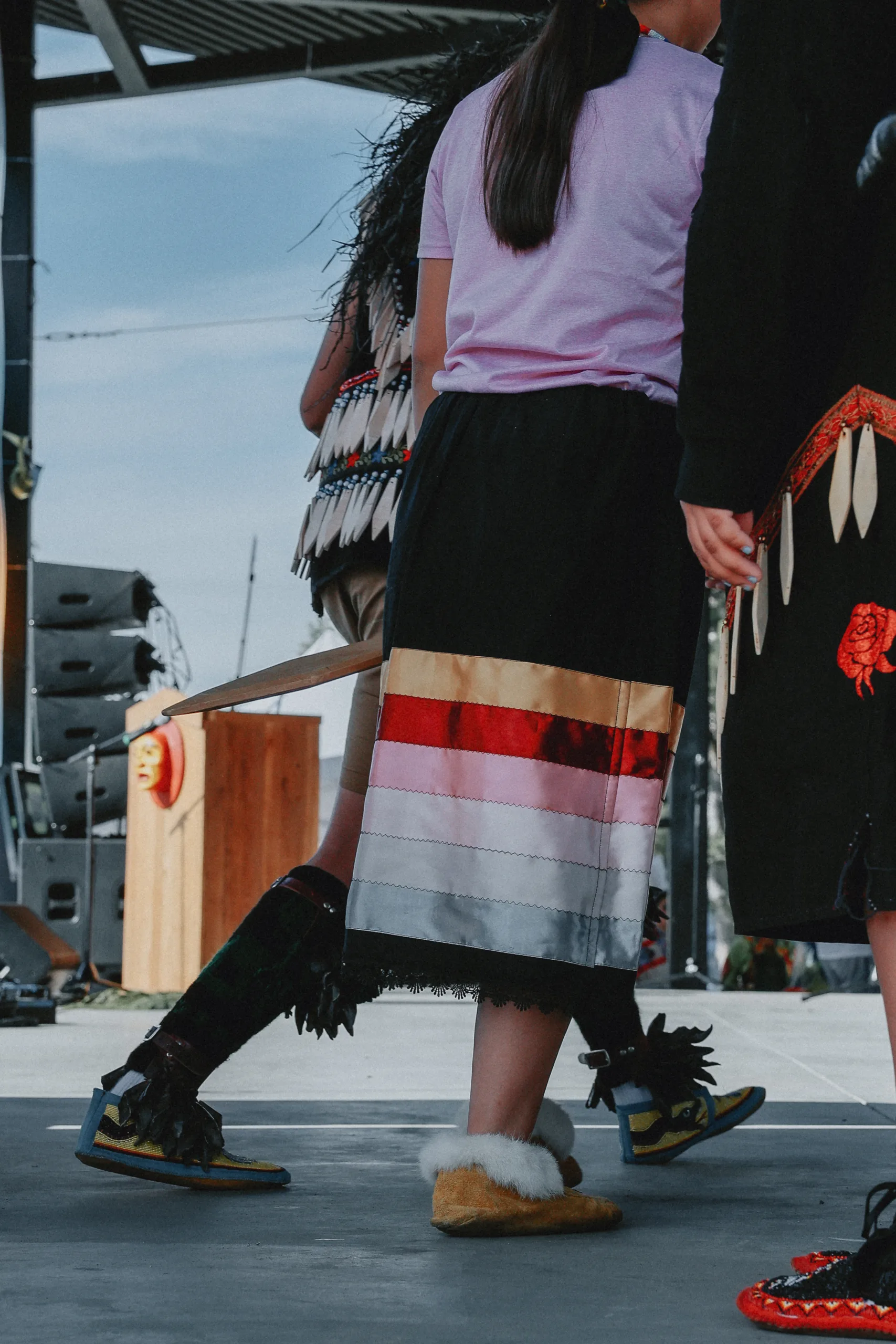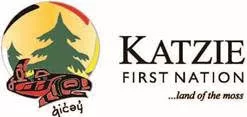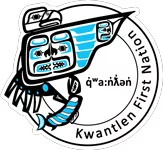Finding Our Way Home shows that at least 635 Indigenous individuals are estimated to have experienced homelessness in Surrey in the 2020 regional count
Surrey, B.C. – The Surrey Urban Indigenous Leadership Committee (SUILC), and the City of Surrey are jointly sharing the ‘Finding Our Way Home’ report that sheds light on the urgent need for more deeply affordable non-market housing for Indigenous people in Surrey. The report shows that at least 635 Indigenous individuals are estimated to have experienced homelessness in Surrey in the 2020 regional count, a rate of 1 in 26 Indigenous people compared to 1 in 239 non-Indigenous people.
“Surrey has one of the largest and fastest growing Indigenous populations in B.C. and I commend the Committee for its meaningful work in identifying priorities to help address the urgent housing need,” said Mayor Brenda Locke. “This information supports our collective efforts to create affordable and appropriate housing for Indigenous people in our City. The City is a proud partner of the Surrey Urban Indigenous Leadership Committee and looks forward to continuing to work together to find solutions.”
Housing is an urgent and immediate need for many Indigenous people living in Surrey, but Indigenous homelessness goes beyond being housed. Finding Our Way Home takes a deeper look at what homelessness means for Indigenous people. It is an experience of isolation and interruption from their spiritual, relational, and cultural Indigenous ways of being, including access to land, community, Elders and Knowledge Keepers.
The Surrey Urban Indigenous Leadership Committee is demanding immediate action. Two priority recommendations are:
Priority #1: Immediate coordinated action is needed by the federal, provincial, and municipal governments to create deeply affordable housing, with and without supports, in Surrey to offer an exit strategy for Indigenous people experiencing homelessness and to prevent individuals and households from falling into homelessness. Housing is needed for single Indigenous men and women, and low-income families in crisis, especially single-parent families.
Priority #2: Create and implement a strategy to increase local Indigenous capacity to develop affordable housing in Surrey.
“Finding Our Way Home acknowledges that preventing homelessness is more than helping Indigenous people through individual circumstances, but also addressing societal systems including education,” said Dr. Lyn Daniels, co-chair of SUILC. “Indigenous people leave their communities and come to urban centers for educational reasons, however, the desire for education can lead to homelessness because of the lack of affordability and support within Surrey. As an educator, I am committed to working with the City of Surrey and all levels of government to advocate to prevent Indigenous homelessness.”
“Canada has a long history of apprehending children and placing them in care with non-Indigenous families and disconnecting them from community, culture and language,” said Samantha Jack, co-chair of SUILC. “Once they age out of care, our youth experience housing insecurity and are at risk of homelessness. Finding Our Way Home is a great report that addresses the immediate priorities of helping our homeless youth in Surrey. I am committed to working with the City of Surrey to support our urban Indigenous youth in accessing culturally safe housing to combat Indigenous homelessness.”
Finding Our Way Home summarizes critical findings in an Executive Summary, and includes three accompanying documents: a Research Report on Indigenous Homelessness in Canada, a What We Heard Report that documents the results of extensive community engagement, and a Data Summary. Finding Our Way Home illuminates the complex needs of Indigenous people in Surrey, contributing factors to homelessness, and exit strategies.
The report suggests leading with a human rights-based approach, the understanding that housing is a basic human right and homelessness is denying a basic human right, to address the systemic reasons why Indigenous people become homeless.
Some of the reasons that cause Indigenous people to become homeless, according to Finding Our Way Home, include economic and societal structural factors, direct trauma and intergenerational trauma, racial and cultural discrimination, and over-representation of Indigenous people in the child welfare system and criminal justice system.
Furthermore, the report identifies barriers Indigenous people face while accessing housing such as economic disparity, anti-Indigenous racism, mental health, and a lack of culturally safe support, as well as bureaucratic red tape. Indigenous people who are experiencing homelessness also face disconnection from community, culture, and language. Additionally, Indigenous people are facing the impacts of colonial systems including the impacts of displacement and migration, violence and escaping harm, and health-related concerns.
Find Our Way Home identifies several promising practices for preventing homelessness, responding to homelessness, and supporting Indigenous individuals and families exiting homelessness. Some of the promising practices include increasing funding, streamlining Indigenous and non-Indigenous partnerships, subsidizing childcare, offering culturally safe support, and integrating Indigenous values and ways of knowing.
In addition to promising practices for preventing homelessness, there are promising practices for supporting exits from homelessness. The promising practices include rapid housing with support, separating housing provisions from other services (e.g. access to housing is not contingent on treatment or enrollment in programs), integrating housing into the community, and allowing flexibility for extended family and communal living.




